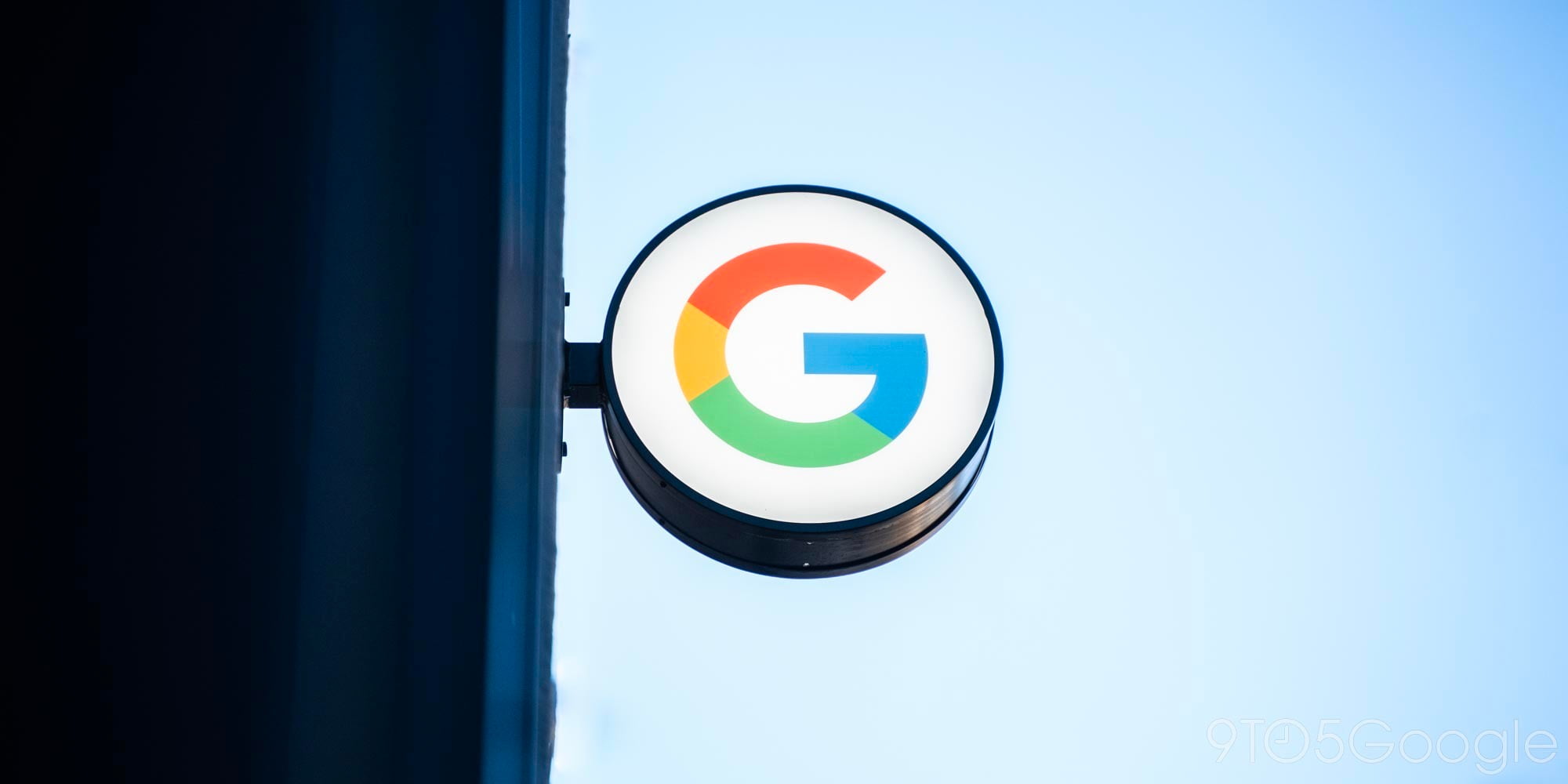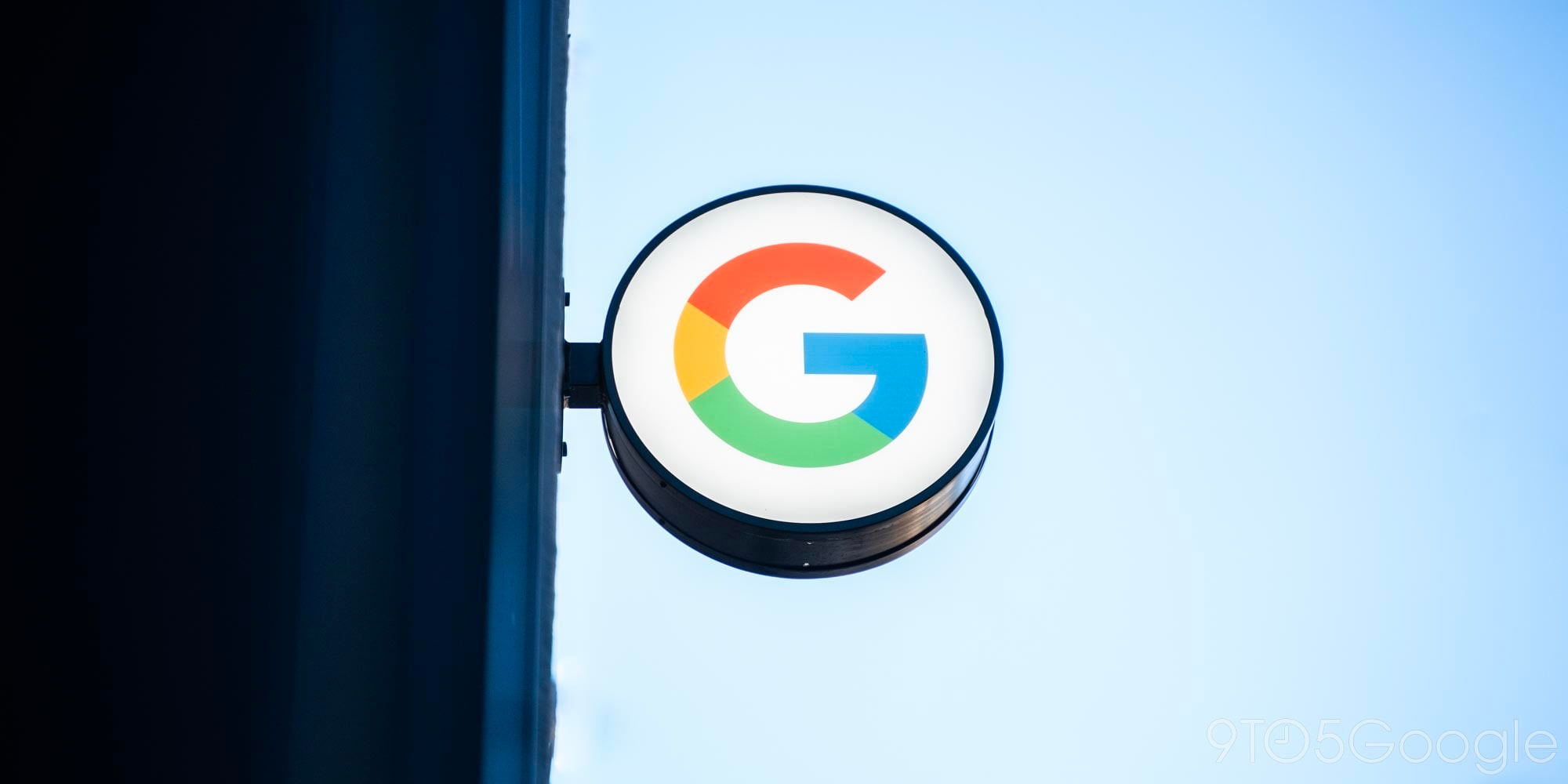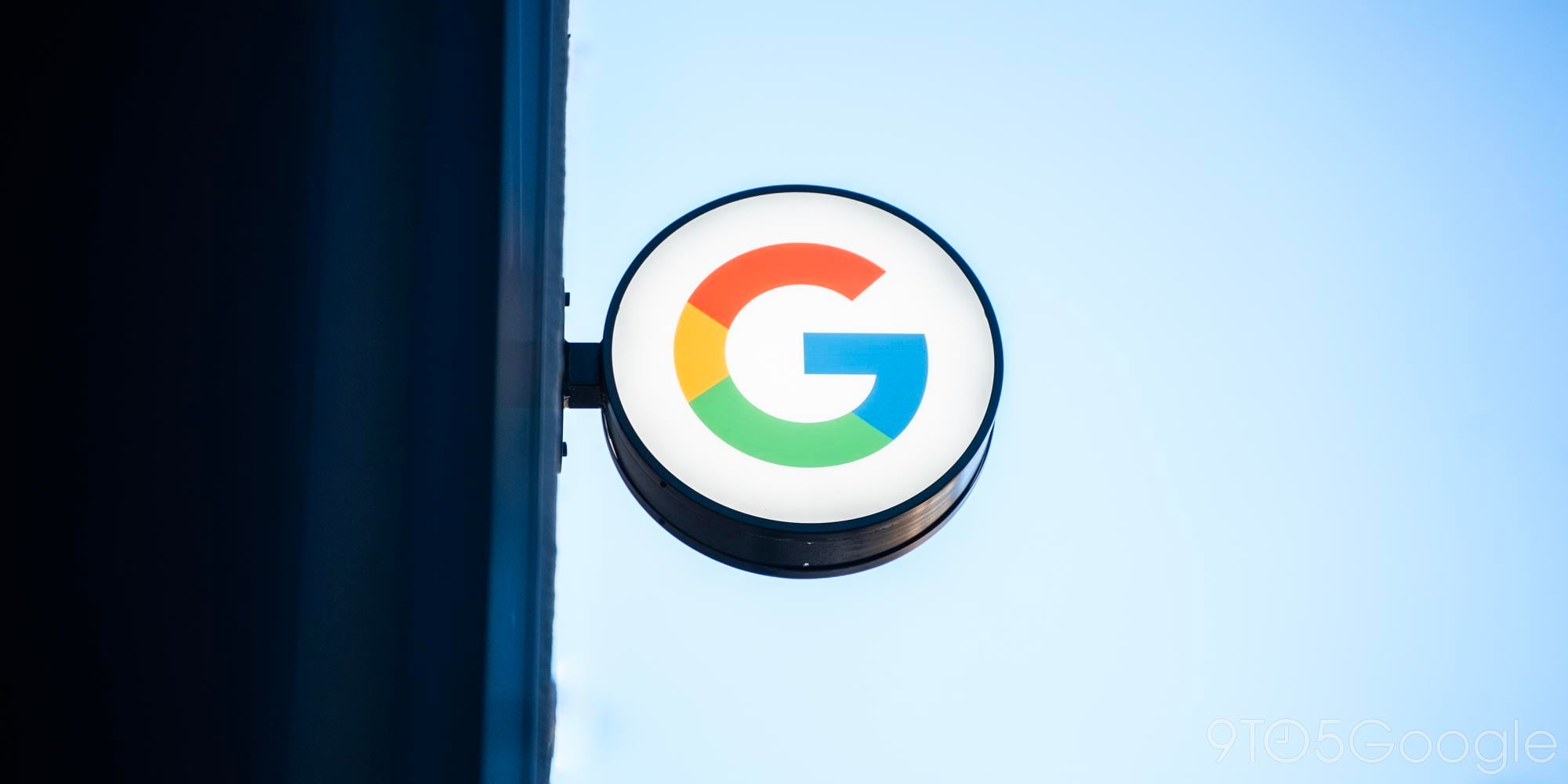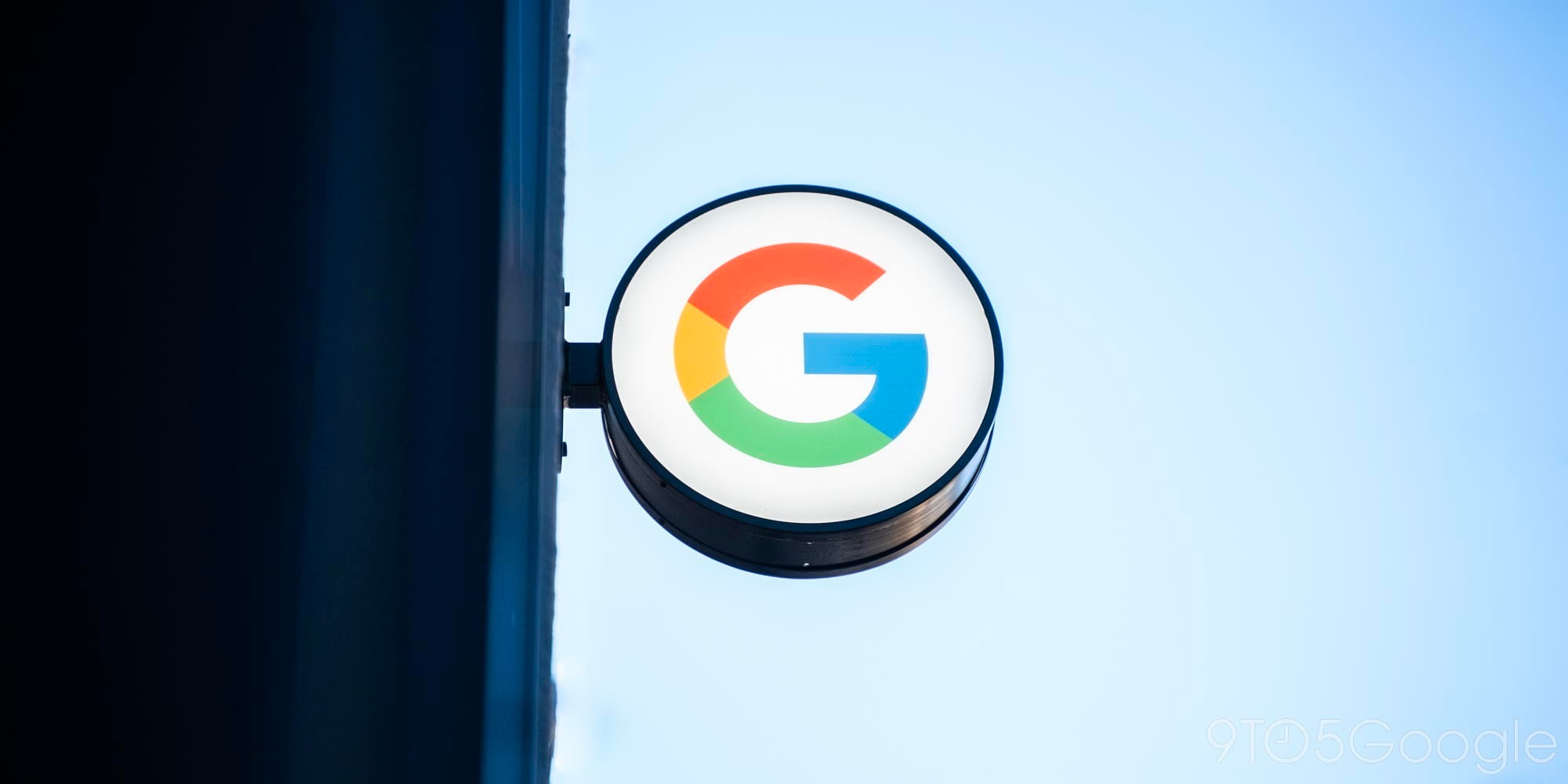Samsung Pay is now available to use in Spain, first country in Europe



The second generation Chromecast and the Chromecast Audio were announced at the end of September, and the Google Store is one of many outlets where you can acquire these devices. Now, a couple months after being introduced in North America and other regions, those who are in Spain can grab the new Chromecasts from the Google Store.
You can head over to the Google Store now, where the Chromecast (2nd gen.) is available in three colors, and the Chromecast Audio is available in black.


Following the first availability of the Nexus Player in the UK last month, the Nexus Player is now available in 9 new international countries. Among them are Australia, as well as eight different European countries:
The device launched in October of 2014 to little fanfare, and we reviewed it not long after saying that it’s a bit unfinished. Right now, owners of the Nexus Player are the only lucky souls to have their hands on Android 5.1.1.


The Samsung Galaxy S5 started receiving Android Lollipop in Poland early this month, but now it appears (via SamMobile) that the latest version of Google’s mobile operating system is now hitting the device in one more European country. Specifically, model SM-G900F of the Galaxy S5 is now receiving the update in Spain.


Although Google News officially closed in Spain on 16th December following a new law which would have required it to pay Spanish news sites for the small excerpts shown in its search results, Search Engine Land notes that the service effectively lives on in a couple of ways.
First, Google is inserting news content into a “En las noticias” box within regular search results of Google Spain, similar to how it does this with “In the news” box for its English language sites […]
[Second,] after someone does a search, they can narrow listings down just to news content using the “Noticias” link (which is the same as the News link on English-language sites). This provides them with Google News Spain content, just without the ability to browse stories by topic.
While Spanish newspapers originally lobbied for the law, it didn’t take them long to realize the folly of doing so. While Google isn’t likely to change its mind, and reversing a law almost as soon as it has passed would be politically difficult, it may be that this compromise will provide a way forward – no-one losing face, but things continuing more-or-less as they were.
Provided Spanish newspapers have the sense to keep their heads down, and not object to the unofficial continuation of the service, it may be that almost everyone will be at least fairly happy.


Spanish newspaper websites have seen their web traffic drop by an average of 10-15% after a law they lobbied for drove Google News out of the country. The figures were shared with GigaOM by web analytics company Chartbeat, which tracks around 50 Spanish news sites.
The law required Google to pay a fee for every story excerpt it displayed in search results, leading to the company – which generates no income from the ad-free Google News service – to close the service in Spain. Publishers clearly realized the implications right away, making a forlorn plea for the Spanish government to somehow ‘force’ Google to re-open the service …
Expand
Expanding
Close


Google’s Madrid offices
Most newspapers were slow to get the hang of the Internet, and Spanish ones more than most, it appears. After successfully lobbying for a law which would force Google to pay them every time it quoted even the smallest excerpt of a story in its Google News search results, Google responded by closing the service in Spain.
Belatedly realising they will now be missing out on all the traffic Google used to drive to their websites, the Spanish newspaper publishers’ association AEDE is asking the government to force Google to re-open the service, reports The Spain Report …
Expand
Expanding
Close


Google announced on Wednesday (via Search Marketing Land) that it will soon shut down Google News in Spain because of a recently passed copyright law in the country that will prove too costly for the service to continue running. The law, which goes into effect January 1, 2015, would require Google to pay licensing revenues to Spanish publishers if their content, including headlines, is included in Google News.
Expand
Expanding
Close


Spain’s parliament recently approved a set of new intellectual property laws referred to as “the Google tax” that give publishers the right to charge aggregators whenever they display their news content in web search results. This new law is set to go into effect on January 1st, 2015 and doesn’t disclose how much search engines like Google or Bing could be charge for an incident.

Google today appears to be rolling out much wider support for its “Ok Google” command within Search. This update pertains solely to the ability to say “Ok Google” within Google Now and the search box to activate a command or search and have Google automatically detect when you say it. Previously, this feature was supported only in the US, Canada, France, and Germany. Today’s update adds support for 7 new language locales, including Italian, Portuguese, and Japanese. Google’s been testing these languages in these regions for a little while now, so it’s possible that you could have been one of the lucky testers.
The update appears to be rolling out gradually, so it may take a little while to hit your device. You also need to be on the most recent version of the Google Search

Google has run into trouble with the French government yet again for its privacy tactics. According to a new report from Bloomberg, the company has three months to change its policy surrounding its users’ data to avoid being fined. Five other European countries will supposedly follow France’s actions by the end of July. The country says Google is violating its privacy laws because it “prevents individuals from knowing how their personal data may be used and from controlling such use.”
Google, of course, denies these allegations and said that its “privacy policy respects European law and allows us to create simpler, more effective services” and it has “engaged fully with the data protection authorities involved throughout this process and will continue to do so going forward.”
The French data protection watchdog ordered the company to spell out for users why it collects information “to understand practically the processing of their personal data,” better inform users of its privacy policy, and “define retention periods of personal data processed that do not exceed the period necessary for the purposes for which they are collected.” CNIL is also asking the owner of the Gmail messaging system to request users’ permission for “the potentially unlimited combination” of their data, ask users’ approval to collect their data with tools such as the “Doubleclick” and “Analytics” cookies, “+1” buttons or any other Google service on third-party websites, and “inform users and then obtain their consent in particular before storing cookies in their terminal.”
Google can be fined a maximum of 150,000 euros, or $198,000, and 300,000 euros in for a repeated offense. Spain, the U.K., and Germany are all expected to take action soon, as well. This all comes on the heels of five countries ordering for more information about Google Glass privacy yesterday.
Expand
Expanding
Close

 Amazon announced today in a press release that it is lowering the price of its the largest tablet in the U.S., the Kindle Fire HD 8.9″. The price of the entry level WiFi only model drops from $299 to $269, while the 4G variant will now sell for $399 (down from $499 previously). In addition, the company is also rolling out the device to a handful of new countries including: the UK, France, Germany, Japan, Spain, and Italy.
Amazon announced today in a press release that it is lowering the price of its the largest tablet in the U.S., the Kindle Fire HD 8.9″. The price of the entry level WiFi only model drops from $299 to $269, while the 4G variant will now sell for $399 (down from $499 previously). In addition, the company is also rolling out the device to a handful of new countries including: the UK, France, Germany, Japan, Spain, and Italy.
The 8.9-inch tablet includes a1920x1200, 254 ppi display, TI OMAP4470 processor, 1GB of RAM, Custom Dolby audio and dual stereo speakers, 10 hours of battery life, and of course access to Amazon’s ecosystem of content.
You can already find the updated pricing for the both the entry level $269 model and the $399 4G model on Amazon.
Expand
Expanding
Close


Google has updated its Books app experience on Android, which already features over 4 million books in the United States, Canada, Germany, Australia, Italy, France, Korea, Spain, and Japan. The latest version of the app introduces a number of new features including: highlighting, dictionary, notes, and new “Places” info cards.
In addition to including dictionary definitions when tapping on words, Google highlighted some of the new features in a post on its official Android blog:
Starting today, when you come across an unfamiliar geographic location—a faraway city or distant mountain range—you can tap on the location to learn more about it. You’ll see an info card with a Google Map and the option to get more information by searching on Google or Wikipedia.
Also in the update is the ability to translate words and phrases to a number of currently supported languages. Other features include:
Expand
Expanding
Close

The Tetris for Android app, normally $2.99, is free today on the Amazon Appstore as part of the online retailer’s “Free app of the day” series. Today’s free app —an iconic tile-matching puzzle video game originally released in 1984 via a range of platforms— is available to Android users in the United States, United Kingdom, Germany, France, Italy, and Spain.
Check it out: TETRIS by Electronic Arts Inc.
Tetris for Android is currently rated 3.5 stars on the Amazon Appstore based on 150+ reviews.

Google is serious about its Nexus 7. So serious that it is advertising the product on its front page—something that it rarely does for anything. The short animation appears below the search bar and tells searchers that” The Playground is open – The new $199 tablet from Google”.
The $199 7-inch tablet was announced at Google I/O in June, and it went on sale last month. While Google has not published sales numbers, many reports claim it is a rare hit for the problematic Android tablet platform. Yesterday, Google expanded Nexus 7 sales footprint to France, Germany and Spain.
It will be interesting to see how hard Google pushes the Nexus 7 in the face of an almost-certain iPad Mini that Apple is expected to launch in time for the holidays. So far, consumers like the ads anyway.

Google’s Nexus 7 is now available in more countries worldwide. The ASUS-made pure Android experience launched in France, Germany, and Spain this weekend. Pricing is theoretically the same as in the United States, but it makes for a higher cost with the Euro-premium. The 8GB model is priced at €199 and the 16GB model at €249, as The Verge first noted.
Google updated its availability page with the change. The chart is formatted weird, for some unknown reason, but it does display the added regions:
The Nexus 7 originally launched in June in the United States, United Kingdom, and Australia. It saw a huge amount of pre-orders and initial sales, causing availability issues due to demand. The situation has since improved.


Amazon officially confirmed this morning that it would open its Appstore to international users for the first time since launching in the United States last year. The countries in the initial international rollout scheduled for “this summer” include the United Kingdom, Germany, France, Italy, and Spain. Amazon is inviting developers to visit its developer portal to begin localizing and preparing their apps for distribution in the new countries. It also noted developers would be able to select specific countries and set prices by market, but developers will by default have their apps made available internationally.
As part of the announcement, Amazon also explained it would introduce two new changes to the Amazon Mobile App Distribution Agreement that benefit developers. Most importantly, developers will now earn 70 percent of paid app sales starting July 1.


The Android team announced today in a post over at Google+ that Google’s mapping service on Android won the Best Consumer Mobile Service Award at the Mobile World Congress show in Barcelona, Spain. For mobile users, the Google Maps mobile app, including Google’s other location and mapping offerings, is a reason alone to get an Android handset as many would not be able to get around without it. Though Apple also has a native iOS Maps app that taps into the Google Maps backend, and Google itself provides a surprisingly capable web app, Google Maps for mobile looks and works best on Android smartphones. Perhaps not surprisingly, the latest and greatest Maps features début on Android first. For example: Advanced (and free) turn-by-turn GPS navigation for driving, and walking and public transit directions with 3D views that integrate nicely with Google’s other location-based services like Latitude and Places.
In case you were wondering, the Device Manufacturer of the Year award went to Samsung, which also got the Best Smartphone award for the Galaxy S II. New features in Google’s location-based products are now introducing regularly. The latest update to the Google Maps for Android app brought improved transit navigation and more accurate positioning and indoor maps. Google has a nice interactive overview of Google Maps for newbies here.
Expand
Expanding
Close

[slideshow]
If you are not attending the Mobile World Congress 2012 show now underway in Barcelona, Spain until March 1 but want to stay on top of the latest trends in mobile, worry not as Google just released the official MWC app for Android devices. Called “Android MWC” and available as a free download from Android Market, this useful little program lets you check out Google Mobile apps featured at the show, retrieve information on the company’s featured partners and events, browse booth and partner maps, check out videos, use the Android Pin checklist to keep track of your Android pins and more.
Release notes are after the break.


Going the way of Microsoft and Apple, South Korean conglomerate Samsung confirmed in an email to PCMag it will not hold a news conference at Mobile World Congress (MWC). The world’s largest exhibition for the mobile industry, MWC traditionally serves as a launchpad for the very latest and greatest products the industry has up its sleeve. This year’s conference runs from Feb. 27 through March 1 in Barcelona, Spain. Samsung will still attend the show, they just will not have press briefings.
In a statement last week, Samsung said it was “looking forward to introducing and demonstrating exciting new mobile products at Mobile World Congress 2012.” The company decided to postpone the anticipated MWC launch of the Galaxy S III, opting to unveil the handset “at a separate Samsung-hosted event in the first half of the year, closer to commercial availability of the product.” The company also sent out invites for a press briefing on March 22 in France.
Expand
Expanding
Close

Update: The original source of the images is now saying these are fake.
What you see above is every telecom exec’s nightmare. Google is stepping up the mobile phone value chain once again and making its own SIMs. But it isn’t as drastic as it may seem.
Google Employees in Spain are getting a surprise SIM card with their Nexus S phones these days. What you see above and below is Google’s own SIM card which allows the ‘sorta search monopolist’ to become a MVNO in Spain. While Google doesn’t own its own towers or infrastructure (it buys bulk data from the local telecoms – in this case Telefonica, Vodafone, etc.), the move allows Google to control more of the phone experience. For instance, it can pay one price for bulk data rather than on a per phone basis. It can also dictate which carriers the phones pull in data from based on quality of service or price. Roaming internationally can also be controlled and owned as well.
We’ve heard Spain is first but more European locals will start seeing these soon. MVNOs have gone the way of the Dodo in the US with Sprint buying Virgin and Boost and others departing the market. Perhaps if these do well for employees in Spain, Google will consider bringing back the MVNO to the US for not only its employees, but also Android customers.
Will the telecoms continue to allow Google to climb up the value-chain like this unabated? via Spanish forums. More images below, including a picture of a phone on the “Google_Es” Network:

[youtube=http://www.youtube.com/watch?v=HsI76lrvJt4]
In addition to mapping and navigation, the ability to control your handset with voice commands is another treat that sets Android apart from the crowd, even if other phones had voice commands before Google’s software. Pity than that Android Voice Actions were introduced last year to the U.S. audience only.
Well, Android fans overseas can breathe a collective sigh of relieve because Google announced that Voice Actions are now available to users in the UK, France, Italy, Germany and Spain. Even better, non-English speakers are able to issue Voice Actions in British English, French, Italian, German and Spanish. There are three ways to invoking Voice Commands on your Android 2.2+ smartphone or tablet:
Some of the supported Voice Actions: send text to [contact] [message]; call [business]; call [contact]; go to [website]; navigate to [location/business name]; directions to [location/business name]; map of [location].
You can get a better idea about the usefulness of Voice Actions by spending less than two minutes of your time sitting through Google’s video tour embedded right above.


Nearly three-quarters of Android sales in Britain during a twelve-week period ended June 12 came from people upgrading from so-called feature phones to their first smartphone. In addition, only 1.8 percent of new Android sales came from iOS users jumping ship, a Kantar Woldpanel ComTech survey reveals. The research didn’t take into account corporate sales or contracts and was based on extensive interviews with up to one million consumers in Europe alone.
Android has grown its share of total US handset market to 9.2 percent in June of this year, up over just one percent a year ago. The platform had a 45.20 percent share of the entire smartphone market in the country, while iOS fell from 30.6 percent share in June 2010 to 18.3 percent share in June 2011. A big part of this was price: Apple’s is among the priciest consumer smartphones and only 45 percent contracts offer the device for free versus 90 percent for Android phones.
The fall of iOS came as a result of the overall UK market growing at a faster pace than iPhone sales, which have been overshadowed for the past two months as Samsung’s Galaxy S II smartphone emerged as the best-selling smartphone. In the US, Android and iOS had 57 percent and 28.7 percent market share last month, respectively. Android is clearly victorious in Germany, France, Italy, Spain, Australia and Japan, where the platform enjoys a whopping 64.7 percent share of the smartphone market versus 27.7 percent for iOS.
Kantar analysts predict that by this time next year smartphones would account for nearly 50 percent of the overall handset market, thanks to more and more feature phone owners dumping their devices for smartphones. This is not unexpected because trends hint that eventually all phones will become smartphones. Other phone vendors are experiencing sharp declines around the world, especially Symbian which has been bleeding share as Nokia fights for survival.
